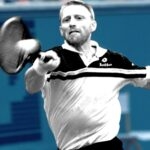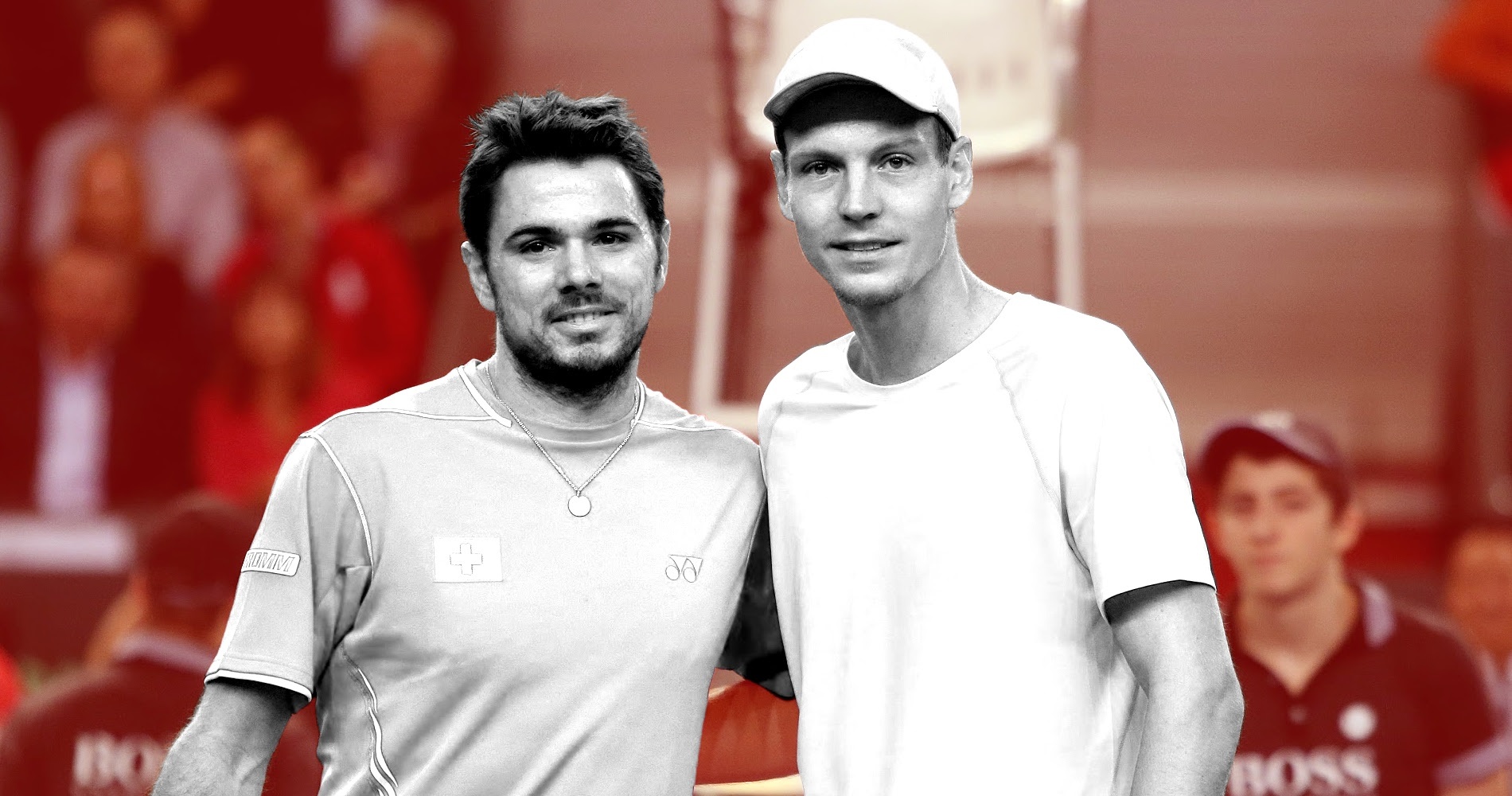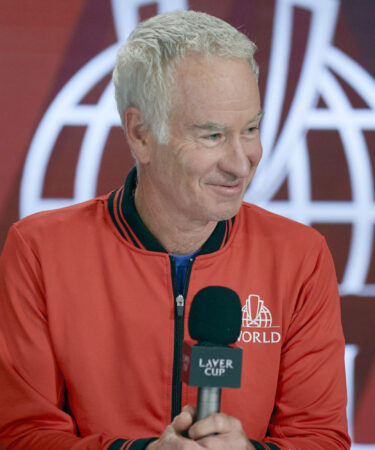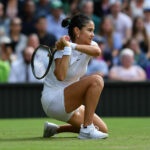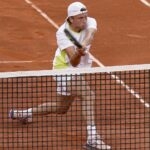July 24, 1987: The day Boris Becker edged John McEnroe after a six hour, 21-minute marathon
Every day, Tennis Majors takes you back in time to relive a tennis event which happened on this specific day. On this day in 1987, Boris Becker edged John McEnroe in a Davis Cup rubber that was just one minute short of the longest tennis match in history at the time
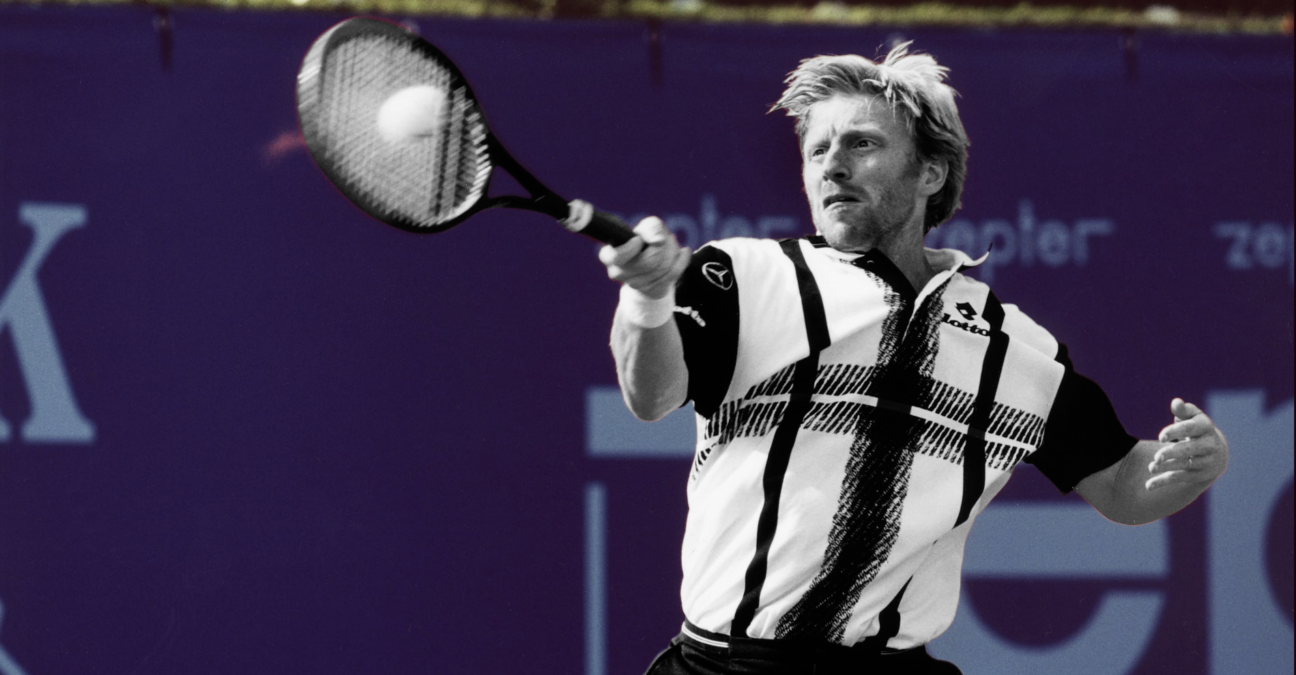 Boris Becker – John McEnroe On This Day
Boris Becker – John McEnroe On This Day
What happened exactly on that day
On this day, July 24, 1987, Boris Becker defeated John McEnroe in a Davis Cup relegation play-off rubber after a six hour, 21-minute marathon (4-6, 15-13, 8-10, 6-2, 6-2), only one minute shorter than the record of the longest match in tennis history. It was the third and the final six-hour match in the 1980s, and McEnroe was part of all of them. He had been defeated by Jose-Luis Clerc in 1980 after six hours, 15 minutes of play, and, in 1982, he had edged Mats Wilander after six hours, 22 minutes of combat, setting an all-time record at the time.
The players involved: John McEnroe and Boris Becker
- John McEnroe: the former champion coming back after a break
John McEnroe, born in 1959, had been world No 1 for 170 weeks between 1980 and 1985. The American left-hander had claimed seven Grand Slam titles; three at Wimbledon (1981, 1983, 1984), and four at the US Open (1979, 1980, 1981, 1984). In 1979, he became the youngest ever US Open Champion, defeating Vitas Gerulaitis (7-5, 6-3, 6-3), and in 1980, he played his most memorable match in the Wimbledon final, where he lost in five sets to Bjorn Borg, after winning an outstanding tiebreak in the fourth set (18-16).
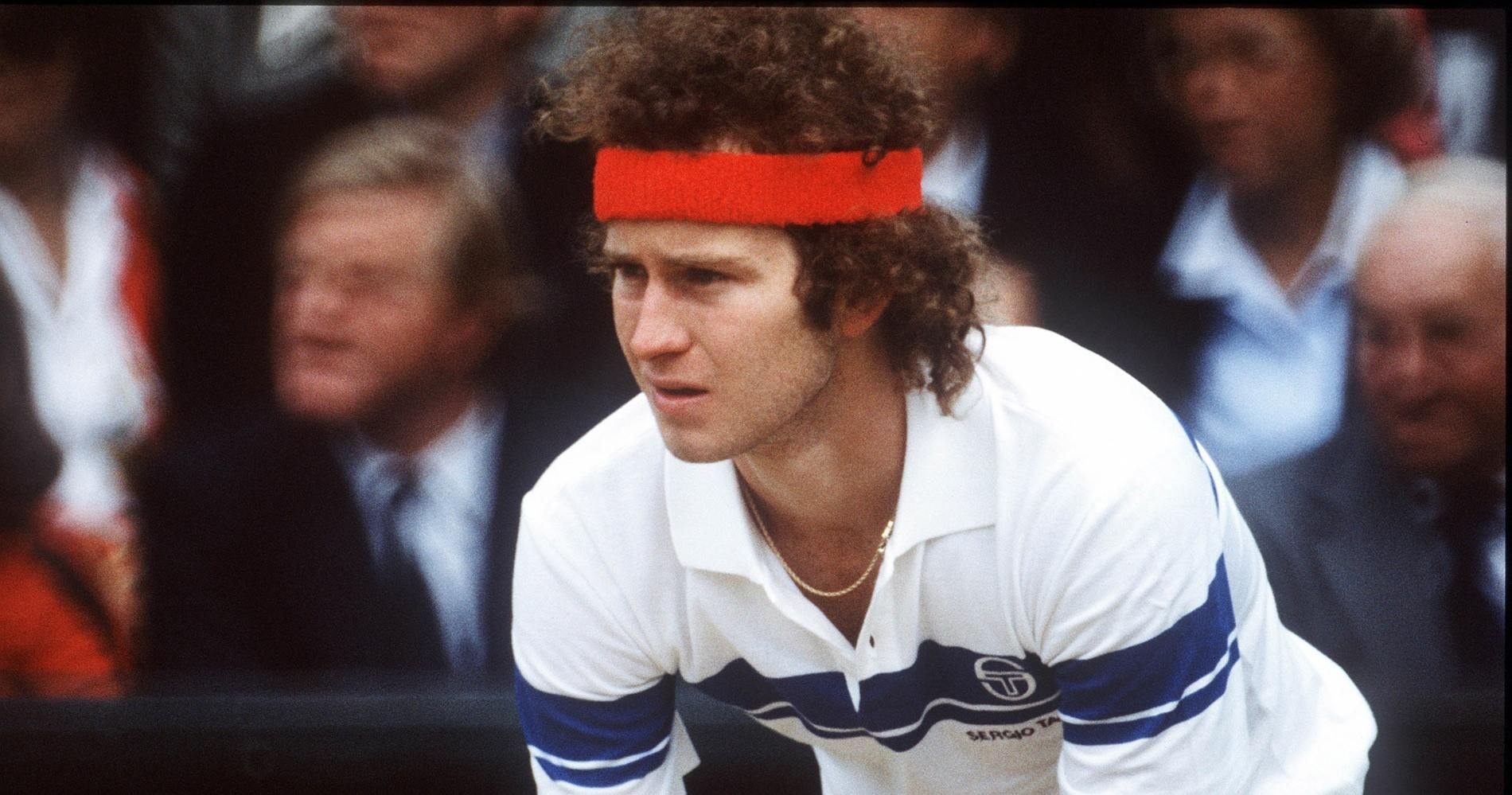
His peak season came in 1984, when, after a heartbreaking loss in the Roland-Garros final, he went on to triumph at Wimbledon and the US Open, as well as the Masters Cup and the Davis Cup, finishing the year as the undisputed world No 1, holding an 82-3 record.
After 1984, McEnroe’s domination came to an end. In 1986, mentally worn out, he even took a break from the tour and married Tatum O’Neal. After he came back, “Mac” was not the champion he used to be. Ranked No 10 at the time, he had lost in the first round of the last two Grand Slam tournaments he had entered. “Mac” was very talented, his game being based on precision and touch on top of an iconic and lethal serve. He was also known for his shocking on-court behaviour in the well-mannered world of tennis. He was sometimes vulgar and his constant quarreling with officials did not go unnoticed in a gentlemen’s sport.
- Boris Becker: the two-time Wimbledon champion coming off a shocking second-round exit at the All England Club
Boris Becker was born in 1967 in what was then West Germany. In 1985, the German became the youngest ever Wimbledon champion at the age of 17, edging Kevin Curren in the final (6-3, 6-7, 7-6, 6-4). His powerful serve, which he often followed to the net, earned him the nickname “Boom Boom”. He was famous for his spectacular diving volleys, as well as for his dramatic play and emotional outbursts. With his great power, Becker successfully defended his Wimbledon crown in 1986, defeating world No 1 Ivan Lendl in the final (6-4, 6-3, 7-5).
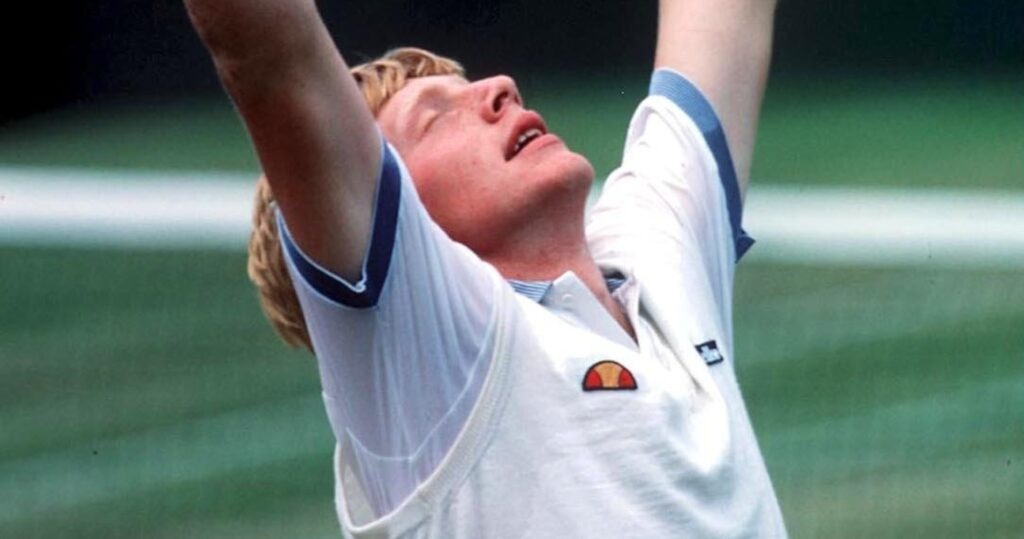
In 1987, the young German was having a difficult time, overwhelmed by his stardom and all the expectations around him, and he was not even 20 years old yet. Although he reached the semi-finals at Roland-Garros on his least favourite surface (lost to Mats Wilander, 6-4, 6-1, 6-2), he suffered a shocking loss to world No 70, Peter Doohan (7-6, 4-6, 6-2, 6-4) in the second round at Wimbledon, where he had arrived as world No 2 and the two-time defending champion.
The place: the Hartford Civic Center in Connecticut
The 1987 Davis Cup tie between the United States and Germany was held in Hartford, Connecticut, at the Hartford Civic Center. This venue, originally built in 1975 to host the local hockey team, had seen its roof collapse in January 1978. It took two years of heavy renovation before the Civic Center could reopen. With a capacity of 10,000 spectators, the Hartford Civic Center would be renamed the “XL Center” in 2007.
The facts: McEnroe missed his chance to go up two-sets-to-love
On July 23,1987, the United States hosted a relegation play-off tie against Germany, in Hartford, Connecticut. There was a lot at stake, as the losing nation would exit the World Group.
In the first match, American Tim Mayotte, who was the favourite, was surprisingly defeated by Eric Jelen in five sets (6-8, 6-2, 1-6, 6-3, 6-2). The U.S. team being down 1-0 put additional pressure on McEnroe’s shoulders. That was the last thing Mac needed.
The left-hander from New-York had been far from his peak level in the last few weeks. In fact, struggling with injuries, he had not played a single match since his concerning loss against Horacio de la Pena in the first round at Roland-Garros. No one knew what to expect from him on that day against Becker, who, even if not at his best lately, was still ranked No 4 in the world.
From the very first point, the crowd knew that it was a vintage McEnroe who had stepped on court that day. His footwork was smooth, which helped him approach the net and volley with extreme accuracy. The American took the first set 6-4.
The drama peaked in the second set, which lasted two hours, 35 minutes, as the tiebreak had not been introduced yet in Davis Cup ties at the time. At 10-9, 0-30 on Becker’s serve, McEnroe missed an easy volley that would have given him three set points to lead two-sets-to-love. Nine games later, it was the German who took the second set 15-13. According to the Los Angeles Times, Becker later stated that this missed opportunity for McEnroe had been a huge turning point for him.
“At that moment, I realised pretty much that he was getting shaky. And it made me a little stronger. I knew I was going to put the ball in and he was going to have to make the winners,” Becker said.
In the third set, although the German dominated, he could not convert any of the numerous break points he obtained, and McEnroe eventually managed to win the set 10-8.
Unfortunately for him, when the match resumed after a 20-minute break following the third set, Boris Becker took a stronger hold on the match. Mac was outplayed in the final two sets, 6-2, 6-2. Germany now led 2-0, and the American team was in what McEnroe called “a very bad situation”. Despite his disappointment, the four-time US Open champion was still pleased with his own performance :
“I gave it all I had, and it was a hell of a tennis match. I wish the results were different, but it’s nice to be a part of a match like that.”
What next? McEnroe levels the tie but Becker wins again to give Germany the victory
Boris Becker’s adventures in Hartford were not finished after his first day marathon against McEnroe. On Saturday, Ken Flach and Robert Seguso would defeat Eric Jelen and Ricki Osterthun, 6-3, 8-6, 14-12.
On Sunday, McEnroe, still pumped-up while playing under the American flag, would destroy Eric Jelen (7-5, 6-2, 6-1) to level the tie and force Becker into playing the decider against Mayotte.
The German would triumph in five sets (6-2, 6-3, 5-7, 4-6, 6-2), saving Germany’s spot in the World Group. This would have important consequences, as Becker would continue setting amazing Davis Cup records to lead his team to win the competition for the first time in 1988, and then a second time, in 1989.



